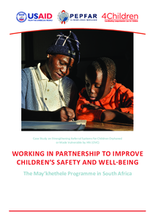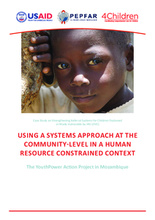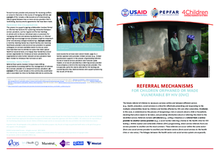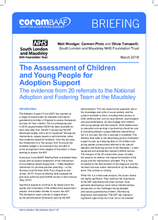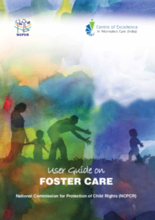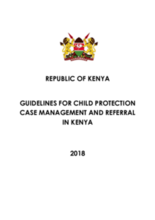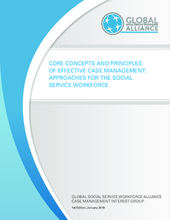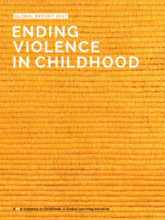Displaying 41 - 50 of 191
This case study is one in a series of case studies highlighting different aspects of a case management system and referral mechanisms utilized by OVC programs. The case study looks at the work of the Children in Distress Network (CINDI) in the uMgungundlovu District of KwaZulu-Natal Province (KZN) of South Africa.
This case study is one in a series of case studies highlighting different aspects of a case management system and referral mechanisms utilized by OVC programs. The case study presents a program in Mozambique that could be identified as a hub and spoke model of referral mechanism.
This brief of referral mechanisms within the context of OVC programs describes the different types of referral mechanisms and describes key components of setting up a functioning referral system.
This Briefing Note adds to the developing picture of adoption support issues by analysing data on 20 children and young people consecutively referred to the special adoption and fostering service at the Maudsley – a wellrespected and established national CAMHS service.
This study answers the following question: “How does the case-specific context influence the practitioners' decision-making process regarding matching in family foster care?”
This User Guide aims to provide a comprehensive approach to the development of a good quality foster care service in India, which will be useful for a range of practitioners.
The guidelines for Case Management and Referral for Child Protection Systems in Kenya is a reference material to guide different actors on how to carry out comprehensive case management and referral and defines the role of the government, civil society organizations, the communities, the family and the child to complement each other.
Developed by members of the Global Social Service Workforce Alliance’s Case Management Interest Group, this resource aims to define case management.
This report describes the details of the Africa Expert Consultation: Violence Against Children in All Care Settings, which took place 21-22 June 2017.
The report compiles information from a series of global research papers commissioned by Know Violence, presenting the scale and scope of childhood violence globally. Examples of preventative efforts from governments, communities, and organizations are provided to illustrate the feasibility of preventing violence on local and national levels.

